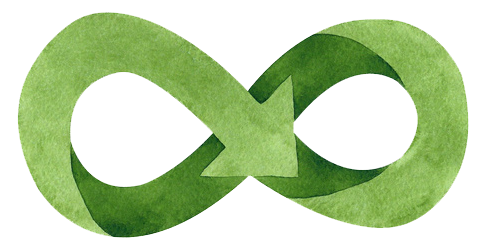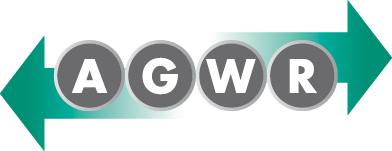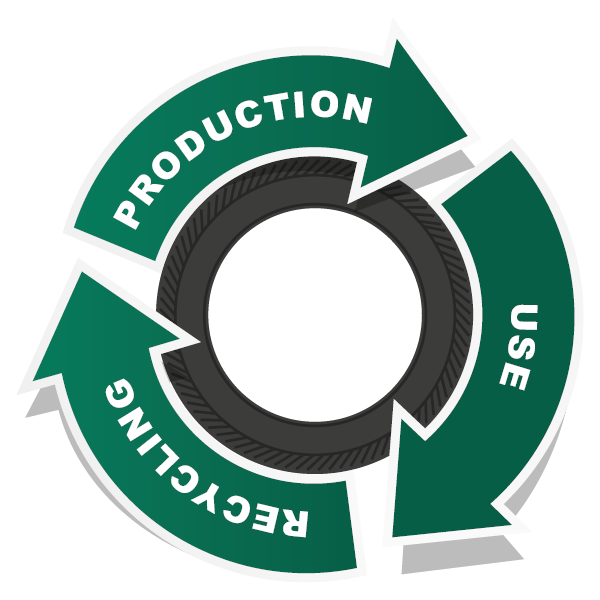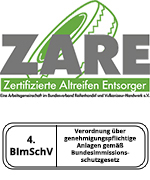
We consider ourselves to be an innovative recycling company for rubber products and cables.
As an owner-run family company, it is important to us to take responsibility for our actions and our environment. Caoutchouc, the basis for all rubber products, is a valuable natural raw material whose positive characteristics can also emerge during recycling.
Our goal is to achieve a maximum recycling quota for all rubber products – from tyres to transport belts, conveyor belts and other waste rubber . In this way, limited natural resources are given maximum protection, i.e. no more fossil raw materials than necessary are taken from nature.
With our state-of-the-art machine pool we can recycle almost any waste rubber and prepare it for re-use.



